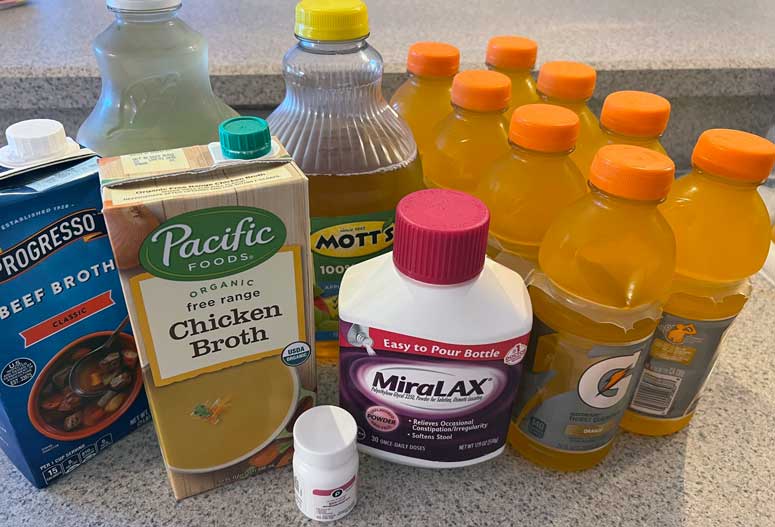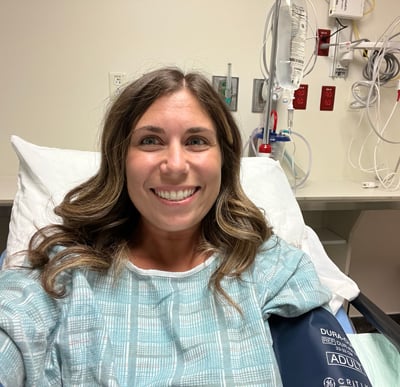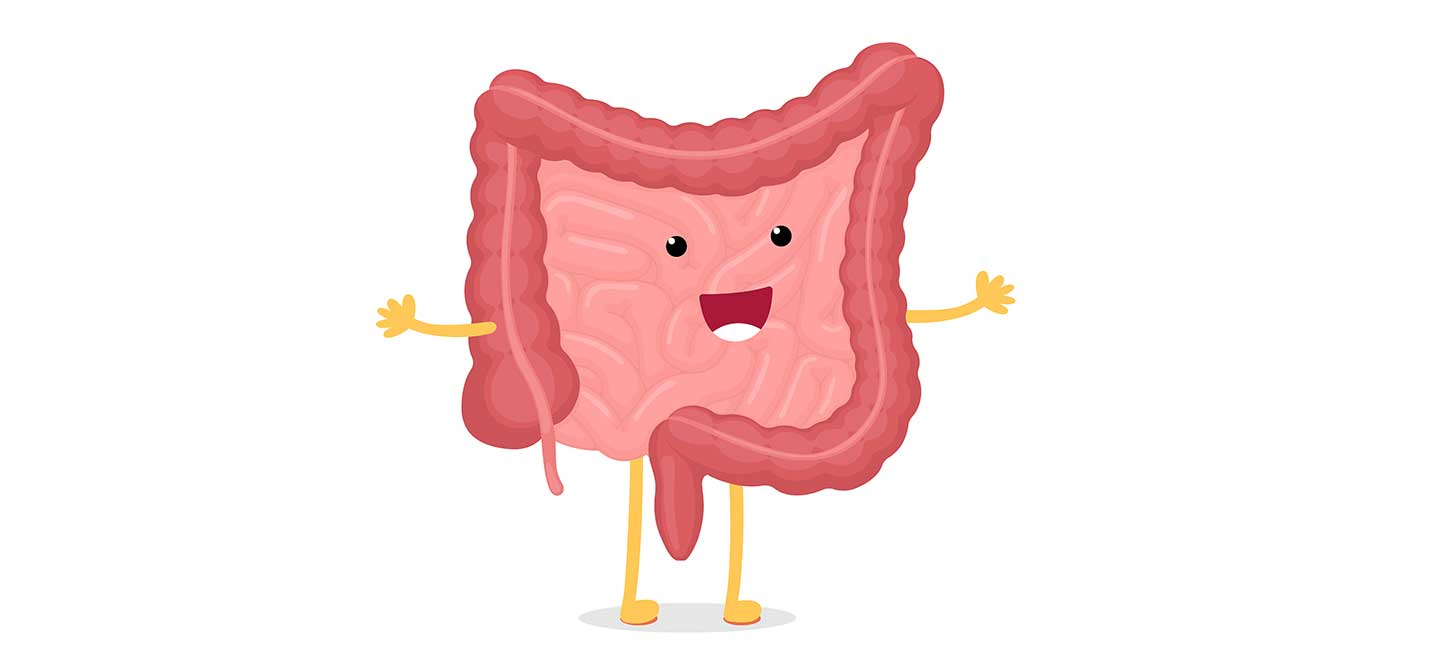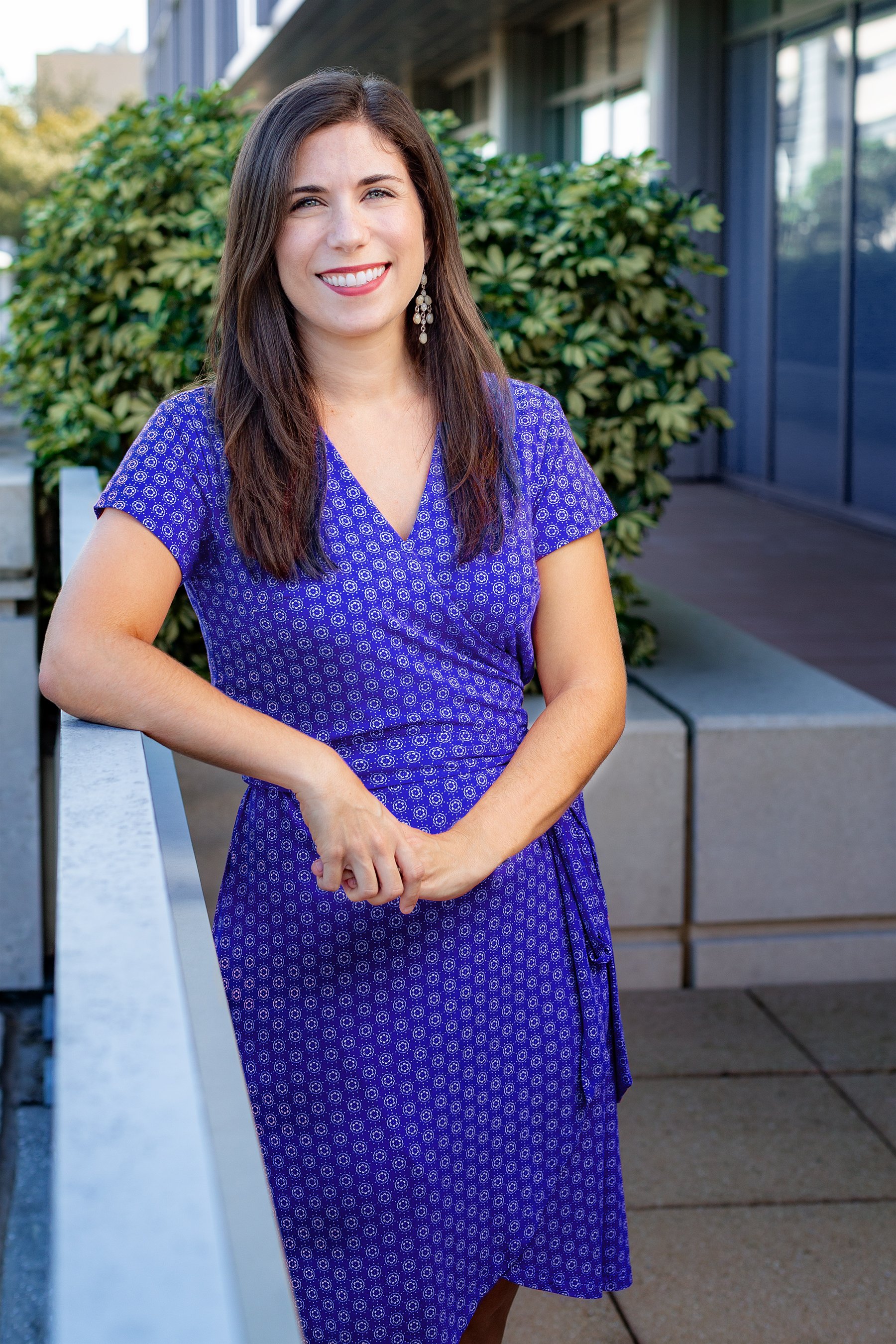It’s Me, Hi. I’m Your Colon.
It was August 2014 and my entire family sat anxiously in a surgical waiting room as we anticipated “the call” from “that phone” in the corner. My mom, dad, sister, brother, my oldest sister’s four boys and her husband. Not far away, my just-43-year-old sister was undergoing surgery to remove a softball sized mass found in her colon days earlier.
Colon cancer struck her early. Earlier even than the recommended screening age. My sister didn’t have a chance to get her first colonoscopy. An alarming tale that is unfortunately being told too often these days.
The surgeon came in person to give us the update. There were palpable masses in surrounding nearby organs. Soon after, we learned it was stage 4 cancer. The world-stopping words no one wants to hear.
My sister lived a healthy lifestyle and had no other family history or known risk factors for colorectal cancer. She went to the emergency room after a bout of severe constipation, and that’s when the cancer was discovered. Treatment for her cancer was a five yearlong ordeal that tore through her and our family like a tornado from hell. Today, she is one of the “lucky” ones. She is cancer free but lives every day of her life in a new reality. A reality where she knows the horror of cancer’s wretched grasp and constantly fears its return.
Today, I took one very small but important step to protect myself from any possibility of going through that same horror. Today, at age 35, I got my first colonoscopy.

According to Dr. Mark Friedman, a gastroenterologist in Moffitt Cancer Center’s Gastrointestinal Oncology Department, 5% to 10% of adults in the United States ages 20 to 79 report having a first-degree relative with colorectal cancer.
“It’s important for people to get a detailed family history, including the number of first-degree relatives with colorectal cancer and their ages at diagnosis,” Friedman said. “For those with first-degree relatives with colon cancer, screening should begin at age 40 or 10 years before the first-degree relative’s diagnosis, whichever is earlier.”
The pandemic and some scheduling issues set me back two years. But here I am — and shocker — I’ve lived to tell you about the experience. Let me start by saying please, for the love of everything, go through this experience when it is time. The alternative could be the tornado from hell, and nobody should ever have to go through that.

Here are all of the essentials for colonoscopy prep.
Prep Rally
You’ve likely heard a lot of stories about how terrible the colonoscopy prep process is. I’m here to tell you that it wasn’t really that bad.
Bowel prep varies by provider recommendation and the time of your procedure. My prep began a week prior to my scheduled procedure. I was given a list of foods to avoid beginning seven days out. Beginning at 12 a.m. the day before the procedure, I had to be on a liquid diet. This means only clear fluids like broth, apple and grape juice, clear soda, black tea, coffee, and certain colors of sports drinks and flavored gelatin.
The night before my procedure, I mixed one gallon of orange Gatorade with a 510 gram bottle of MiraLAX in a pitcher and put it in the fridge. I and my increasingly rumbly tummy went to bed and woke up at 1 a.m. to begin the official prep. I drank half of the mixture in 8-ounce glasses every 15 minutes. After things kicked in and then slowed down, I was able to sleep for a couple of hours. I was instructed to get back up at 6 a.m. to repeat the process with the other half of the mixture. By about 9 a.m. I was all prepped for my procedure at 2:15 p.m.

Ready to get this colonoscopy over with so I can have a little snacky snack.
C-Day
After completing my prep the morning of my colonoscopy, I could drink water but was instructed to stop by 10 a.m., four hours before my procedure. When it’s time to go, you will need a friend or family member to accompany you and drive you home. You’ll be taken to a prep room and asked a series of questions by the nursing and anesthesiology teams before getting down to your birthday suit and donning a gown. My colonoscopy was done under deep sedation using the IV drug propofol. To prep for this, an IV was inserted into my wrist. Once in the procedure room, the drug was infused into my IV and I got to take a nice nap. The provider uses a flexible scope to view the rectum and entire colon. For safety, my blood pressure and heartrate were continuously monitored throughout the procedure, which took only about 30 minutes.
Risky Business
Your provider will explain the potential risks of colonoscopy, which include but are not limited to bleeding, perforation of the colon, infection, severe pain in the abdomen, damage to surrounding organs and death. Hearing these risks can be scary, but don’t panic! It’s important to note these risks are extremely rare, with studies estimating only a 1.6% overall risk for complications.
Wakey-Wake
Upon waking from anesthesia, I was wheeled into a recovery room where I quickly came to and was given what had to be the most delicious cup of Diet Coke I’ve ever drunk. After checking my vitals again, my nurse removed my IV and my doctor explained how the procedure went. I had one polyp removed. Most polyps are harmless but over time can develop into colon cancer. During the procedure, your provider removes polyps in real time using a tool on the scope. The tissue is then sent to pathology for review under a microscope. I will learn more details about my polyp once the pathology report is complete. Once I was fully alert, my nursing team discharged me and wheeled me out to the car to meet my mom. I was able to return to eating as soon as I felt ready to. After a long nearly 40 hours without real food, I enjoyed a Thai chicken bowl from one of my favorite local restaurants in Tampa Palms!
No Ifs, Ands or Butts About It
I would describe the entire colonoscopy process as slightly annoying, but absolutely necessary. It’s completely worth it to prevent and detect cancer early, and I will have to do it again only once every five years. I also received an awesome keepsake photo album to commemorate my experience! The worst part of it all is the sheer number of times someone will ask you, “How did everything come out?” like they’re the only person to ever say that joke. All jokes aside — just get the colonoscopy.
Colorectal Cancer Screening
The U.S. Preventive Services Task Force recommends that people of average risk start colorectal cancer screenings at age 45. People of average risk include those with no prior diagnosis of colorectal cancer, no family history or genetic disorders that increase your risk of disease, no history of precancerous polyps and no diagnosis of inflammatory bowel disease. Learn more about colorectal cancer screening and symptoms here.



